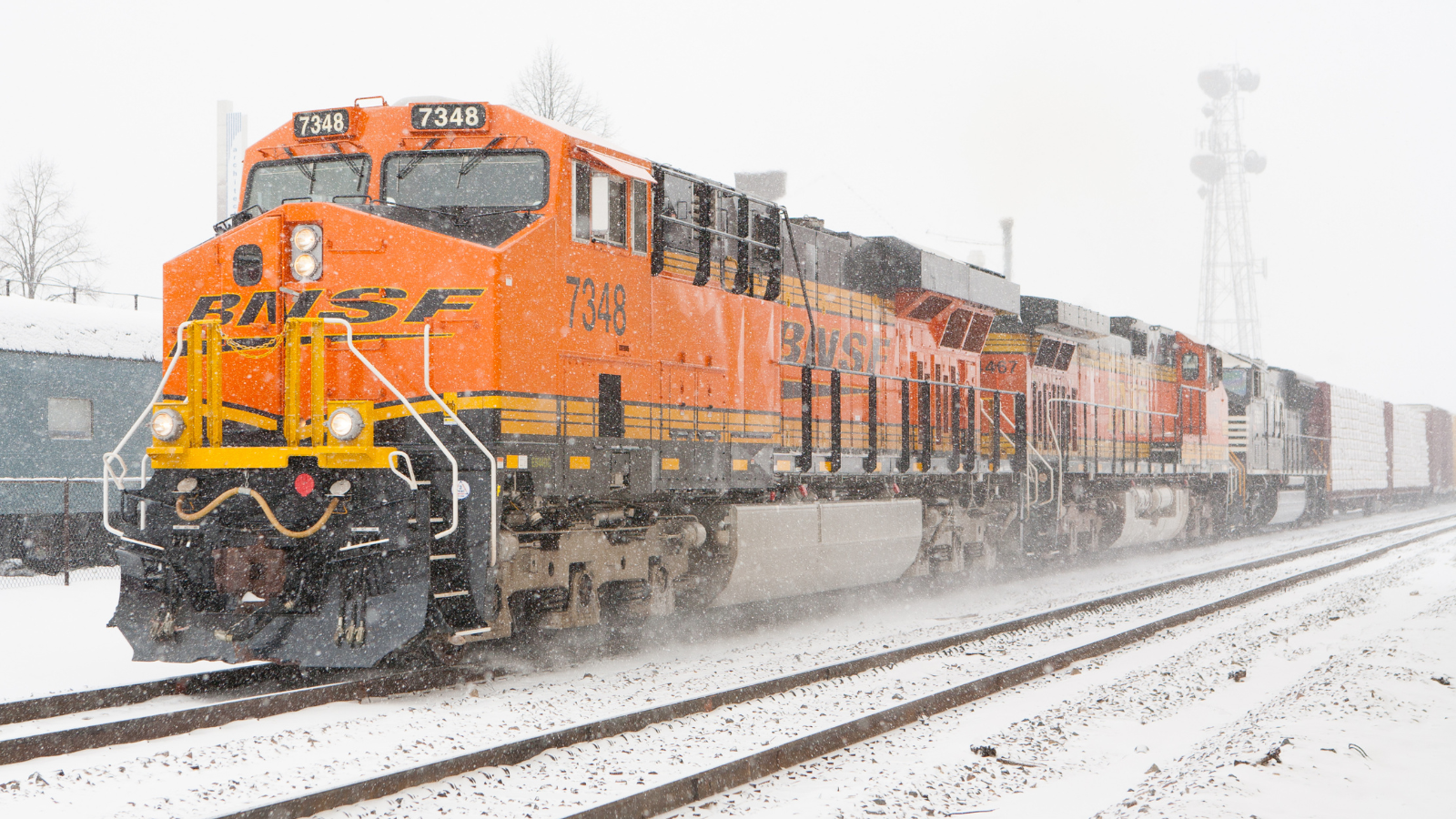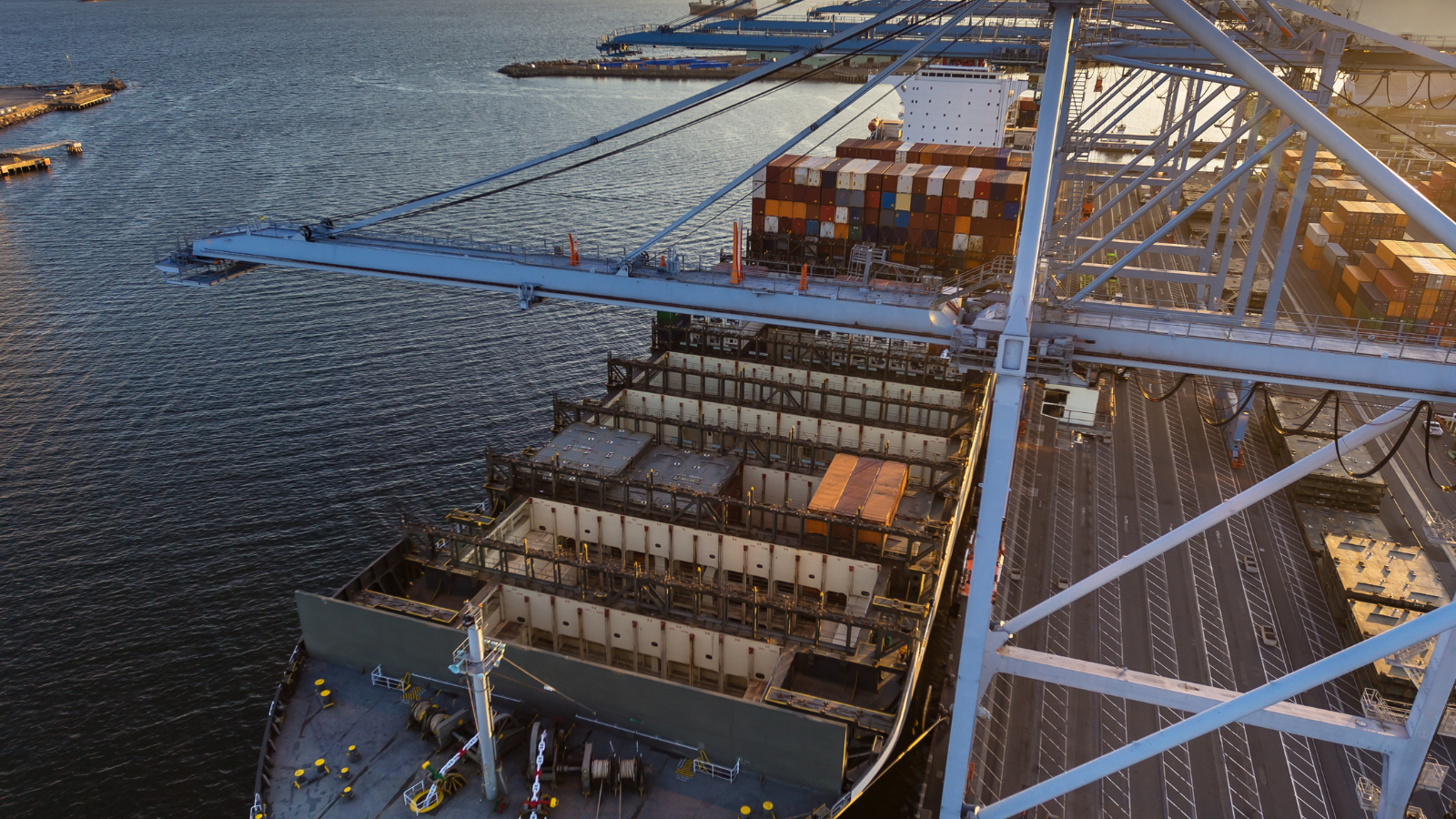Related disruptions at ports along the West Coast have created uncertainty
🚢 Related disruptions at ports along the West Coast have created uncertainty.
Labor issues at West Coast ports have caused disruptions and uncertainty regarding future disruptions. The problems were related to unfilled jobs at terminals, resulting in varying degrees of disruption at several maritime gateways. The Port of Oakland experienced the most significant disruption, with international terminals closed for the day. Other ports, such as Los Angeles and Hueneme, also faced disruptions, including unfilled jobs and limited operations. The Pacific Maritime Association blamed the International Longshore and Warehouse Union (ILWU) for the events, but the ILWU did not claim responsibility for a work stoppage.
The 13-day labor strike at the West Coast ports in Canada has ended, as Canada’s Labor Minister and Transport Minister on Twitter announced.
The ongoing strike at Canadian West Coast ports is causing a significant impact on freight rail cargo entering the United States, according to weekly rail trade data from the Association of American Railroads (AAR).
According to the U.S. Energy Information Administration (EIA), the West Coast's rising demand for renewable diesel and biodiesel is expected to lead to the lowest diesel consumption levels in over a decade.
A union strike has brought container terminals at Canada's West Coast ports to a halt, causing significant disruptions to supply chains.
Two containerships originally bound for the Port of Vancouver have been redirected to the Port of Seattle as labor strikes at West Coast ports in Canada continue for the sixth day.
The International Longshore & Warehouse Union (ILWU) Canada's Longshore Division has officially begun a strike, impacting West Coast ports in Canada, including Vancouver and Prince Rupert.
Following the resolution of the contract dispute at West Coast ports, BNSF Railway Co. (BNSF) has announced its readiness to handle an anticipated surge in intermodal volumes once freight levels in the region return to normal.
The International Longshore Warehouse Union (ILWU) and the Pacific Maritime Association (PMA) have reached a six-year tentative deal, putting an end to the long-standing labor dispute at West Coast ports.
Pacific Maritime Association (PMA) and International Longshore and Warehouse Union (ILWU) have announced a tentative agreement on a six-year contract for workers at 29 West Coast ports.
Recent disruptions at West Coast ports have led to longer wait times for ships at berths, raising concerns about potential supply chain issues.
The West Coast ports are currently facing a labor dispute that has created confusion and uncertainty.
Labor fight at West Coast ports leads to ship congestion and rising commercial shipping prices, posing a risk of supply chain disruptions and potential shortages or higher prices.
Despite the reopening of West Coast ports, issues persist with labor slowdowns and shift closures.
Labor issues at West Coast ports have caused disruptions and uncertainty regarding future disruptions.
Last Thursday, a shortage of manpower prompted dockworkers to walk out, resulting in the closure of both West Coast ports.
For 10 months, labor unions at the West Coast ports have been in talks with their employers over a new contract, and there is still no agreement in sight.
While west coast ports cool and congestion clears, the world’s largest container carriers are debating how to deal with the ongoing labor talks between the union dockworkers and the ports.
Dockworkers and West Coast ports are still deliberating over proposed contract agreements, and many shippers are getting antsy.
East Coast ports are starting to see a wild influx of traffic as the West Coast continues to navigate an excess of supply chain hiccups.




















The National Oceanic and Atmospheric Administration (NOAA) has released historical maps showing how El Niño influences snowfall in the United States.